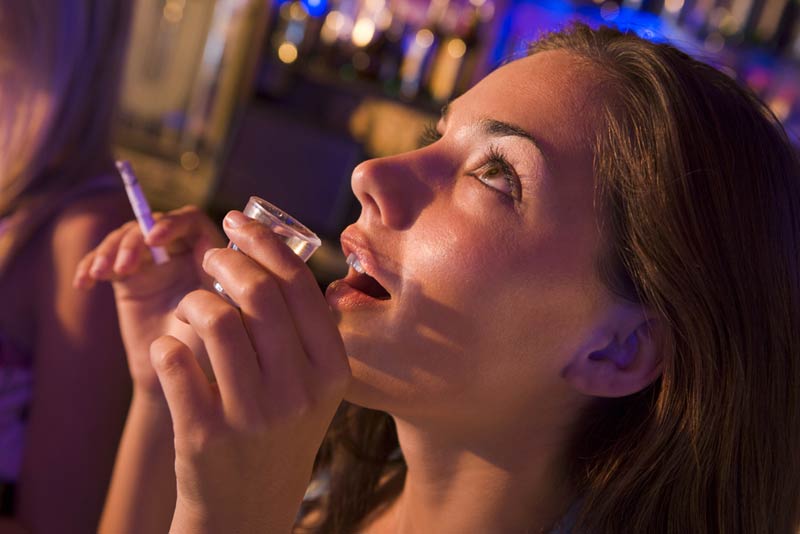Teens More Likely to Drink If Their BFFs Do

Best friends might play the biggest role in influencing when teens have their first sip of alcohol, new research shows.
In the study, having pals who drank and had access to booze was the most important factor in predicting when a kid started drinking — trumping a teen's own troublemaking tendencies and family history of alcoholism.
"When you start drinking, even with kids who come from alcoholic families, they don't get their first drinks from their family," Samuel Kuperman, a child and adolescent psychiatrist at the University of Iowa, said in a statement. "They get their first drinks from their friends. They have to be able to get it. If they have friends who have alcohol, then it's easier for them to have that first drink."
Kuperman and his colleagues surveyed 820 teens, ages 14 to 17, from six sites across the country. Most came from high-risk families, but less than half of the teenagers had an alcohol-dependent parent.
The team analyzed the age which each kid had their first taste of booze against five variables: two separate measures of disruptive behavior, a family history of alcoholism, a measure of poor social skills and whether their best friends drank alcohol. [7 Ways Alcohol Affects Your Health]
Among teens who reported trying alcohol, nearly four in 10 said their best friends also drank, the survey found. "Even accounting for these other risk factors, having most best friends [who] drink, doubles the risk for having a first whole drink," Kuperman told LiveScience.
Previous research has suggested key factors just beyond a teen's immediate circle of friends can drive him or her to drink. A 2011 study found that adolescents are more influenced by the drinking habits of their romantic partners' friends than they are by those of their own boyfriends or girlfriends and best pals. Research out last year showed that teens who had friends whose mothers were authoritative were significantly less likely to drink, smoke cigarettes, or use pot than teens whose friends' parents were more neglectful.
Sign up for the Live Science daily newsletter now
Get the world’s most fascinating discoveries delivered straight to your inbox.
Regardless of what's causing teens to drink, the researchers behind the new study say there's evidence that kids who try alcohol before age 15 are more likely to abuse it later on. "Our study and others would suggest that early drinking has a relationship with problematic behavior. We build upon this and show that having friends who drink further increases this risk by providing access to alcohol for drinking initiation," Kuperman wrote in an email.
The take-home message for parents: "Whatever parents can do to delay the initiation of alcohol until at least 15 years (or preferentially even older) has the potential of decreasing the risk for later problematic drinking," Kuperman wrote.
Kuperman said he hopes to next study the genetics behind alcoholism, by looking at the genes of teens who drink now and go on to become problem drinkers.
The study, detailed this month in the journal Pediatrics, was funded by the National Institutes of Health, the National Institute on Alcohol Abuse and Alcoholism and the National Institute on Drug Abuse.
Follow LiveScience on Twitter @livescience. We're also on Facebook & Google+.










